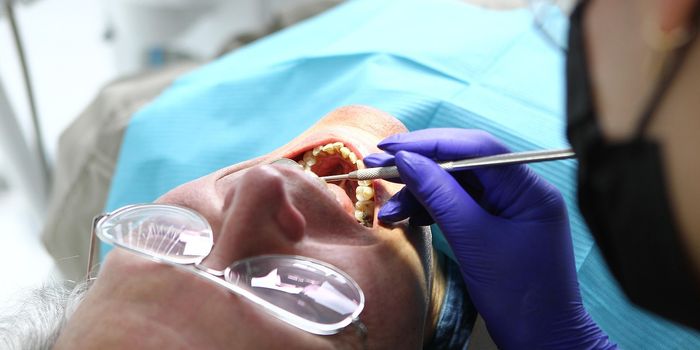Promising New Treatment for Cat Litter Parasite T. Gondii
Researchers have discovered a promising therapy for those suffering from toxoplasmosis, a disease caused by a parasite linked to cat litter and feces. The corresponding study was published in ACS Infectious Diseases.
T. gondii infects almost all warm-blooded animals, including around a third of humans. While most commonly known to be contracted from cat litter, it can also come from eating undercooked contaminated meats such as pork, lamb, and venison.
People are generally asymptomatic following T. gondii infection. However, infections during pregnancy can cause congenital disabilities and fetal death. Meanwhile, infections among immunocompromised individuals, such as those undergoing chemotherapy or living with HIV, can cause severe and even fatal complications.
"At this moment, the treatment for toxoplasmosis in patients is very limited," said Zhicheng Dou, an associate professor in the Department of Biological Sciences at Clemson University. "For example, there is a pyrimethamine and sulfadiazine combination treatment, but this treatment is not tolerated very well for certain populations of people because of the very strong side effects."
The researchers noted that the current treatment option does not treat T. Gondii once it reaches the brain.
In the current work, the researchers focused on an enzyme known as protoporphyrinogen oxidase (PPO), which is present in plants, animals, and T. gondii. In humans and animals, PPO is used to produce heme. In plants, it produces chlorophyll and heme.
As PPO is more closely related to humans than plants, the researchers hypothesized that a PPO-targeting herbicide could specifically kill T. gondii without damaging human tissue.
Oxadiazon is a known inhibitor of heme production in plants, and so the researchers tested it on T. gondii. As it was not particularly effective, the researchers then created 20 derivatives of the molecule for further experimentation. In lab tests, one of these derivatives exceeded the efficacy of the parent oxadiazon molecule by 100 times.
The researchers wrote that their findings suggest oxadiazon may represent a new 'molecular scaffold' for the treatment of toxoplasmosis. They now plan on synthesizing more oxadiazon derivatives to find the most effective for treating humans.
Sources: Science Daily, ACS Infectious Diseases









